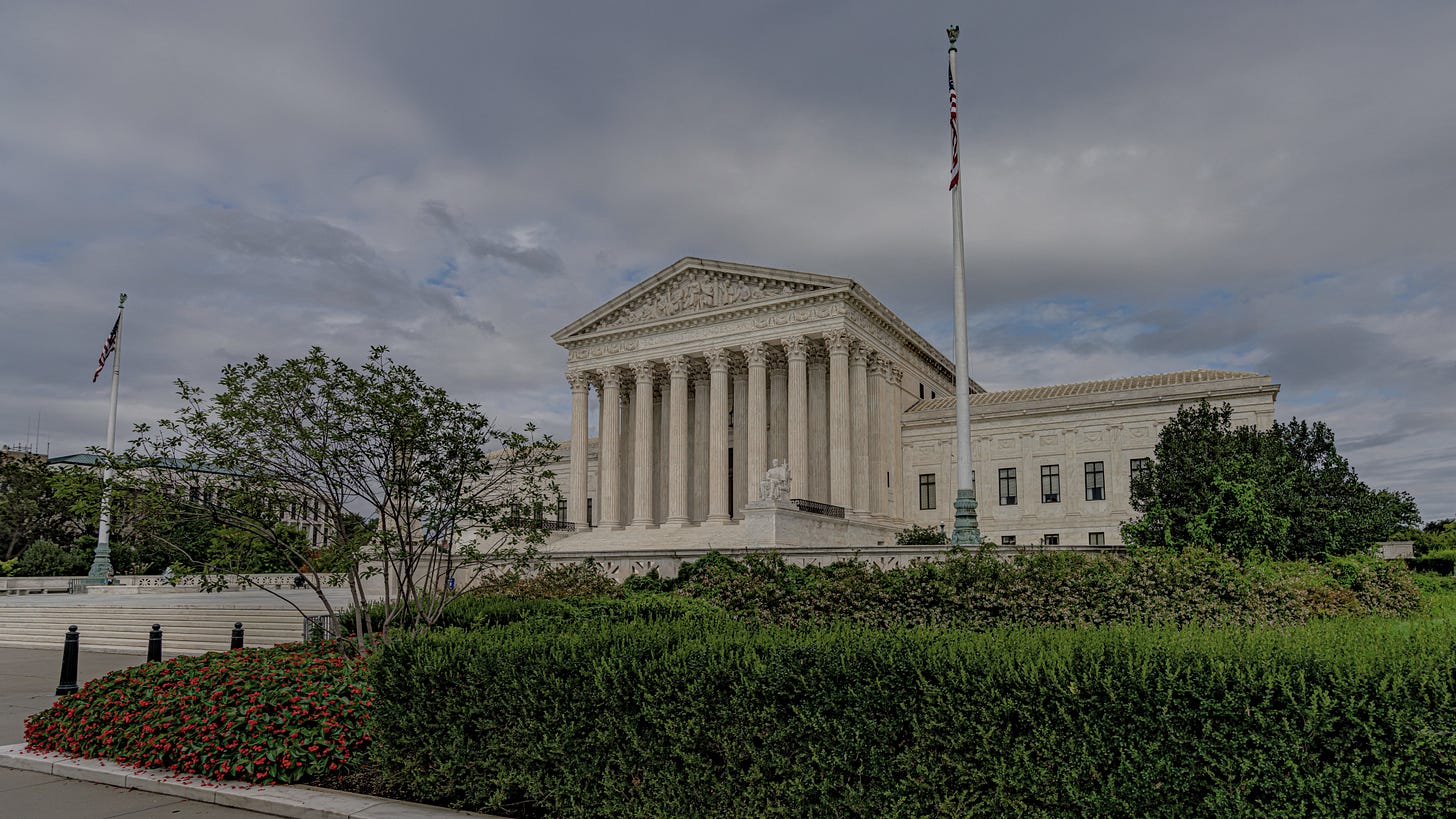Organizations interject religious-liberty issues in what could be landmark fisheries case
Supreme Court this term currently has no cases related directly to religious issues

The U.S. Supreme Court’s term that began this week currently doesn’t include any cases that deal directly with religious establishment or freedom — a contrast with recent years in which the high court has decided much-publicized disputes such as those involving a football c…


